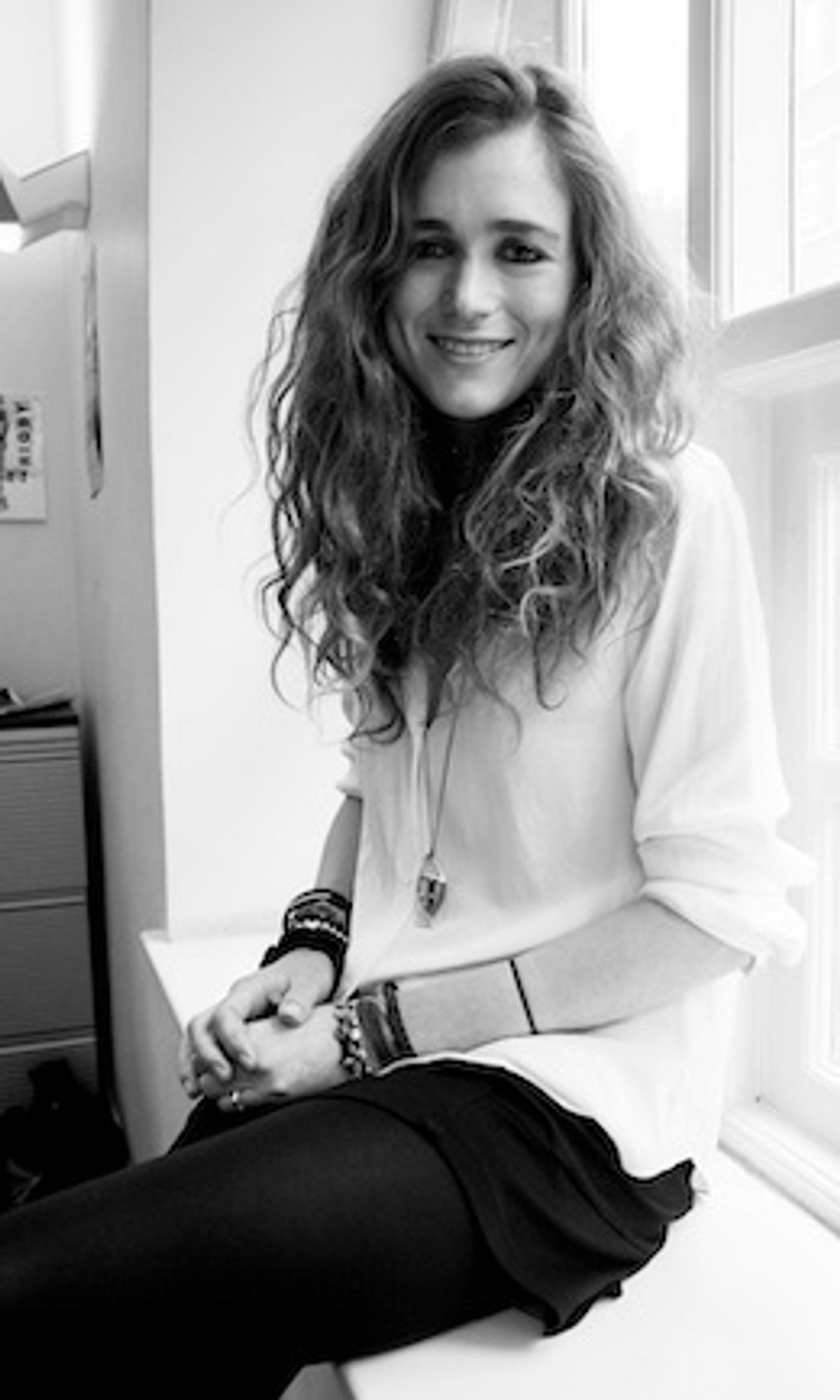Guest Blog: Hannah Hauer-King On Festival DAMSEL OUTDOORS

Reflecting on the 'why we do' and the 'how we do' theatre recently, I came across the words of Wendell Pierce. He was speaking about the importance of theatre in the context of Black Lives Matter, and said: "Art is activism, intentional or not. While laws may prohibit people's behaviour, art can change people's hearts, minds and humanity."
Well, there's the "why" of what we do. Theatre is political. It's emotional. It can provide hope and solidarity for people who feel alone. It can build bridges between different communities that have so far remained disconnected. At its best, it can hold governments and systems of power accountable, whilst providing hope and meaning for those who both make it and experience it.
And yet, this pandemic limits and prevents the exact thing that makes our practice so special: the live relationship between audience and performer. Theatre requires us to put down our phones, truly be present in a given moment, and provoke empathic listening through direct contact with characters. It also has the capacity to be anarchic, anti-capitalistic and rage against commerciality, particularly when looking at the efforts of smaller theatres that are not obeisant to box office returns.
But how do we preserve this? When laws are literally prohibiting people's behaviour, how can art - and theatre more specifically - work to change people's humanity? How can we preserve its essence during lockdown, when the restrictions seem perfectly designed to prevent us from doing so?
The answer is, of course, I don't know.
Institutions with financial and organisational pressures that I cannot begin to fathom seem to have prioritised steps that bring theatre online - whether it be live screenings, Zoom readings, online networking for writers, or high-quality recordings of previous work. These efforts have been vital and comforting, particularly given quite how many people have been able to watch shows that were previously unaffordable or inaccessible. But there still hasn't quite been a solution for the missed live and experiential element of theatre. And I felt a gulp of fear when recently hearing that most theatres (if they even have the capacity to last until then) could not open before April 2021.

Thinking long and hard with my producing partner Kitty, we knew we wanted to somehow make theatre during these times, but also to avoid the screen and prioritise communal audience experience, even if it meant some risks and unknown territory. As a small company amidst a vast theatrical landscape, our size actually has its advantages - our running costs are low and the amount of bureaucratic tape we need to navigate is less than other larger organisations.
And so we came up with Damsel Outdoors - a festival exploring the potentials of live lockdown theatre. The festival is made up of four pieces that could be monologue, poetry, music or dialogue - the only remit being it needs to be enhanced by being outdoors, not hindered. The pieces will be created by a group of 12 womxn and non-binary artists, as well as an ensemble of actors. Beyond the outdoors, our primary goals with the festival were to:
- Connect womxn and non-binary artists who may not have worked together before, foster relationships beyond and outside of Damsel, and promote a sense of collaboration, not competition, for artists;
- Include voices and artists who speak to experiences far beyond Damsel's own limited scope, and bring together artists who tell stories that we do not have the authority or experience to tell;
- Provide paid opportunities to as many womxn and non-binary artists as possible and support them with developing a new idea, which might go on to become a bigger project.
These points are at the heart of Damsel Outdoors. But there is a final and new focus, which is an absolute prioritisation of live experience and learning over production quality and aesthetics. "Back to basics" is a phrase that we continue to use with our creative team: prioritising entertainment and the inclusion of audiences, over slick and tech-heavy seamless theatre.
In essence, the festival is a small gesture or suggestion on how we might make live theatre before theatres reopen, without using filming or screens. It is also bringing together some of the most exciting womxn and non-binary artists we have had the pleasure to collaborate with. We hope to see you outdoors.
Find more information on Damsel Outdoors here
Videos

